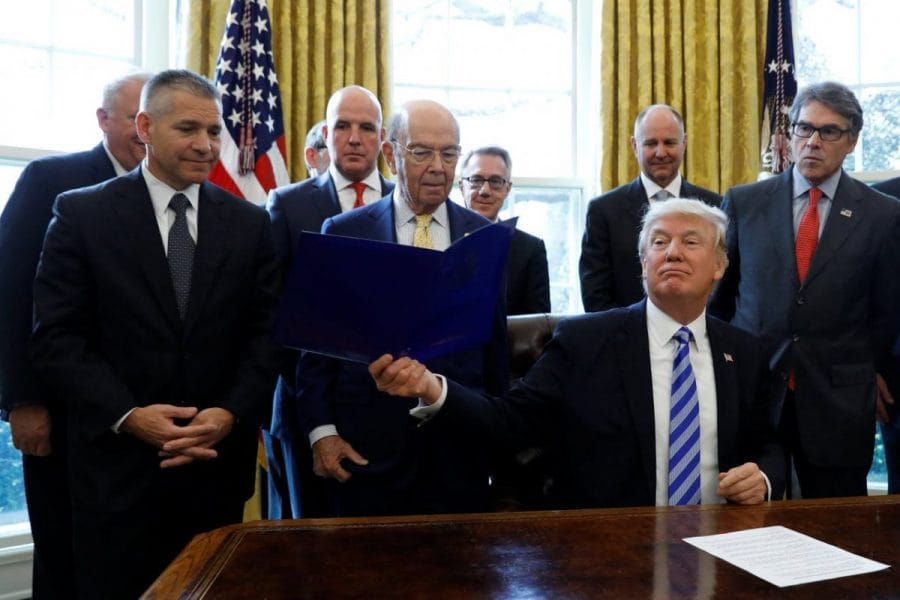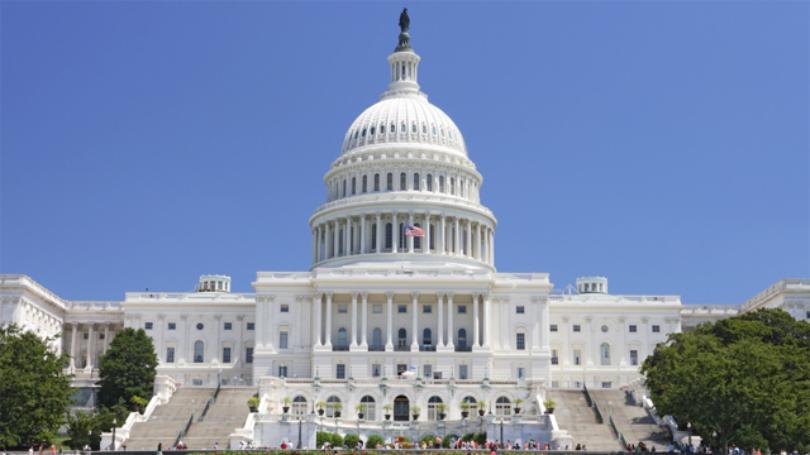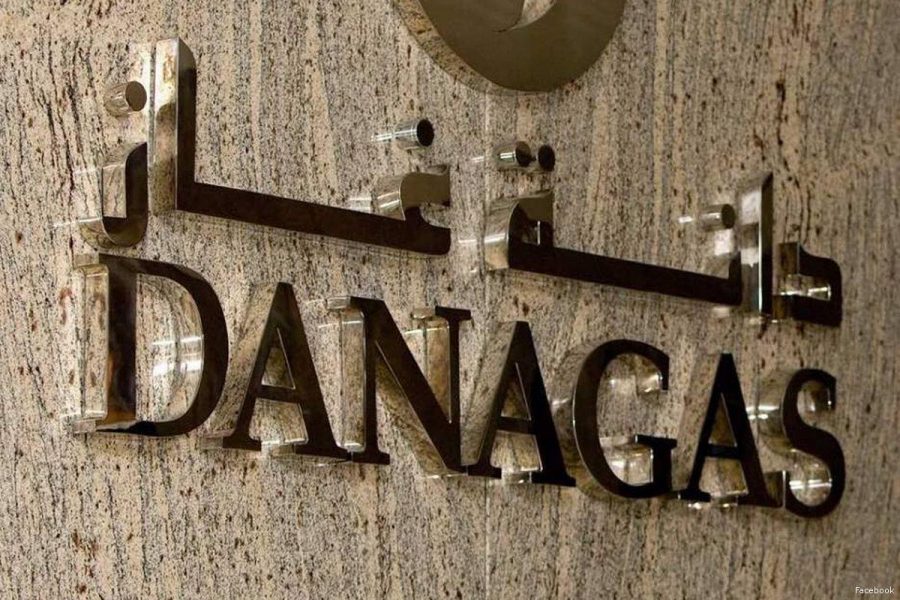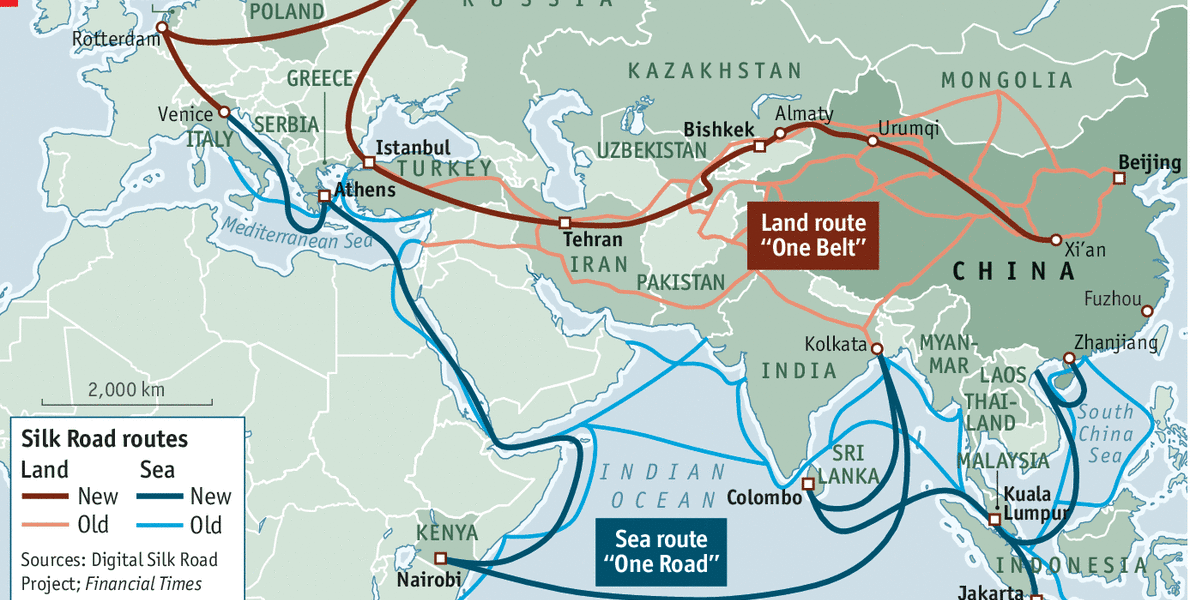Congress Members Urge Trump Administration to Apply Global Magnitsky Sanctions to Sudan
In a March 28, 2018 letter to the Deputy Secretary of State, a bipartisan group of 57 members of Congress expressed "grave concern," following the partial lifting in late 2017 of U.S. sanctions against the Sudan, "about any U.S. policy that…
Hdeel Abdelhady to Speak on Managing Money Laundering, Trade Sanctions, and Corruption Risks
House Bill Would Enhance U.S. States’ Iran Sanctions Authority
Congressional Hearing: Managing Terrorism Financing Risk in Remittances and Money Transfers
Sovereign Commercial Enterprises: Anti-Corruption and Confidentiality Risks
Dana Gas Says its Sukuk is Unlawful: Issues
Parsing Dana Gas’ Statement that Sukuk is “Unlawful”: Shari’ah, UAE Law, and Factual Questions [1] June 18, 2017 | Author: Hdeel Abdelhady* As discussed briefly in this June 16 MassPoint blog post, Dana Gas PJSC, the Sharjah, UAE-based gas producer, has unilaterally…
China’s One Belt One Road Could Disrupt U.S. Legal Dominance
Hdeel Abdelhady to Speak on Emerging Markets Social Impact Investment at NYU Law’s Grunin Center
Insolvency Regimes for Islamic Banks: Regulatory Prerogative and Process Design
Specialized Insolvency Regimes for Islamic Banks: Regulatory Prerogative and Process Design Author: Hdeel Abdelhady Original Publication: World Bank Legal Review, Volume 5 Abstract As Islamic banks grow in size and number, they will require enabling legal and regulatory environments to facilitate…






